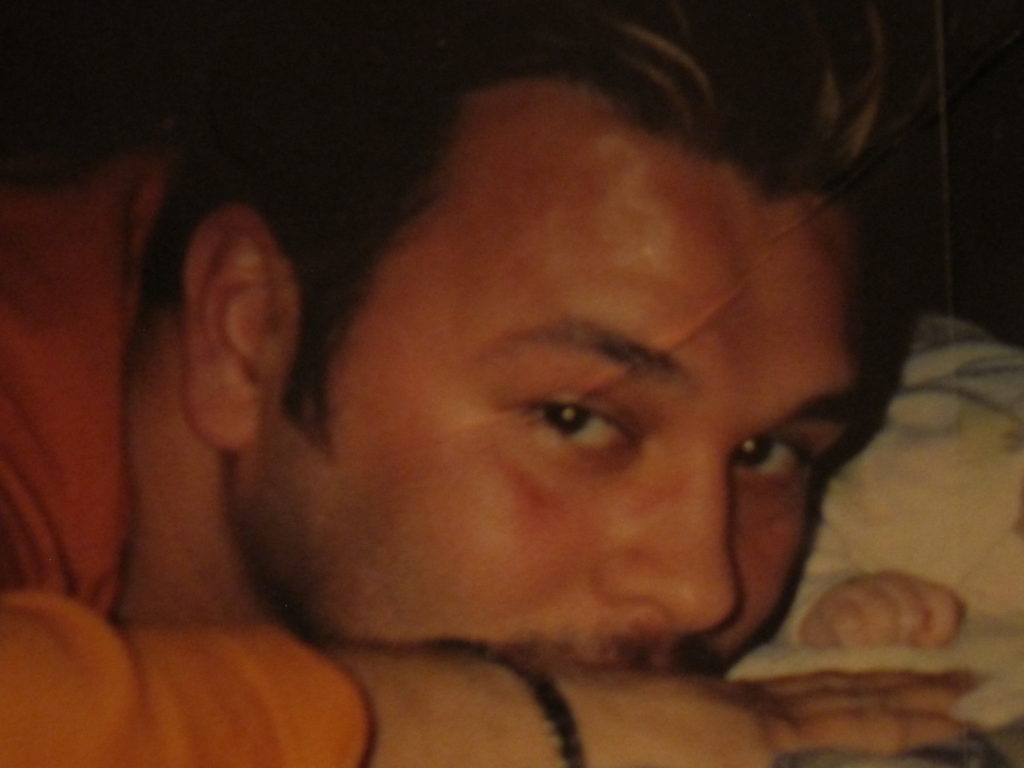For nine years, I have been confined to a single man cell. Days, often weeks, pass without leaving this space. I deserved to be placed here. I am here because I attempted escape and was punished. To be honest, it was probably the best thing for me – at the time. My peer group was violent and negative, and upon arrival I was disgusted with myself for having fallen so far. I resolved to fill the void of what I was forced to leave with positive change and growth. I began a journey to become the man I knew I was, rather than the man my poor decisions had built.
I quickly learned any progress I hoped to make would depend solely on my efforts. There is no education provided to inmates in solitary confinement in Texas. None. Anything I’ve learned through reading is the result of donors from the outside.
I also learned tenuous relationships with loved ones in the free world are easily stressed when a person is placed in isolation. General population contact visits allow hugs with family. In here I am led to visitors in chains to a booth with a glass partition that forces us to speak over a phone. What’s worse is, this is the only phone I can speak through. General population offenders have access to unlimited fifteen minute calls, seven days a week. Access to telephones is not allowed in solitary.
I have learned solitary confinement is an effective weight loss program. More often than not, I am hungry at bedtime. Despite menu descriptions like ‘fresh yellow corn’ and ‘deep rich gravy’, I can count on the unappetizing reality of at least one or more food items arriving spoiled, and the unclean fact that it has passed through no less than six pairs of hands before getting to my cell.
One of the harder lessons – ‘out of sight, out of mind’ is never more true than when locked away in solitary confinement. While prison administration might remove an inmate from population for legitimate reasons, once ‘out of sight’ it becomes easier to check the box that keeps the inmate in solitary than to mindfully dedicate the resources needed to rehabilitate the person and release them from solitary.
Perhaps the hardest lesson is discovering first hand what so much time in seclusion can do to a person. I have spent years tearing down my old faulty value system and building a better one, learning how to make strong healthy choices. I’ve made progress in so many ways, but so much isolation has begun to injure me. A few years ago, I began to feel very paranoid during the rare time out of my cell. For the ten hours per month allowed out, I felt as if I was being stared at, looked at from the corners of people’s eyes. It got so bad I didn’t want to leave my cell, prompting me to refuse medical and dental appointments.
I have never been a mental health patient. None of my family suffers from a mental disorder. I am rational and clear minded. I am literal and focused. Yet, these years in solitary have taken a serious mental toll. To get ‘help’ from mental health staff carries a stigmatized label as a psych patient. I was reluctant to contact them, although intellectually I understood what was happening. Despite the understanding, I could not shake the discomfort I felt when outside my cell.
When I did finally speak to someone in mental health, I worked through the discomfort for the most part. But recently the symptoms have returned, worse than before. When outside my cell, I struggle to hold eye contact and find myself trying to mumble at times. I berate myself. I know that isolation is the cause of the distress. I think this must be what it’s like to have a disorder – maybe like a man with Alzheimer’s who, in his clear moments, feels terrible because he recognizes he’s had bad moments, but he is unable to combat them.
I have no real treatment options. They do not do therapy here. They medicate… a slippery slope. I do not need medication. I feel anxious out of my cell. This is caused by my isolation. I am witnessing, in person, the deterioration of a human mind… mine.
After nine years, I no longer belong in solitary confinement. I am a new man, if not completely, then on my way to being one. I have had three minor disciplinary infractions during my 3,300 days here, all for covering the 24/7 light in my cell so as to sleep. But, alas, they keep checking the box that keeps me here.
The unregulated, unmonitored use of isolation damages as many people as it was meant to ‘improve’. Some of us will one day be neighbors to those in the free world – so shouldn’t those who wield the power to inflict these kind of lessons for years on end be held to a high standard…

ABOUT THE AUTHOR: Jeremy Robinson is author of The Monster Factory, which he is currently revising. Mr. Robinson lives in a Texas prison and can be contacted at:
Jeremy Robinson #1313930
Polunsky Unit
3872 South FM 350
Livingston, TX 77351
![]()
